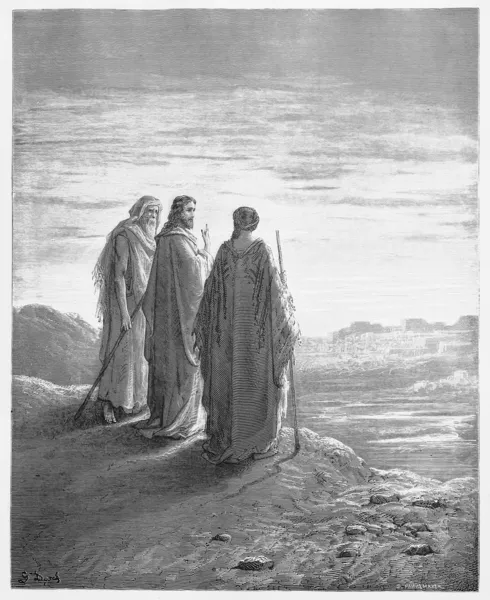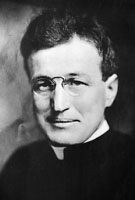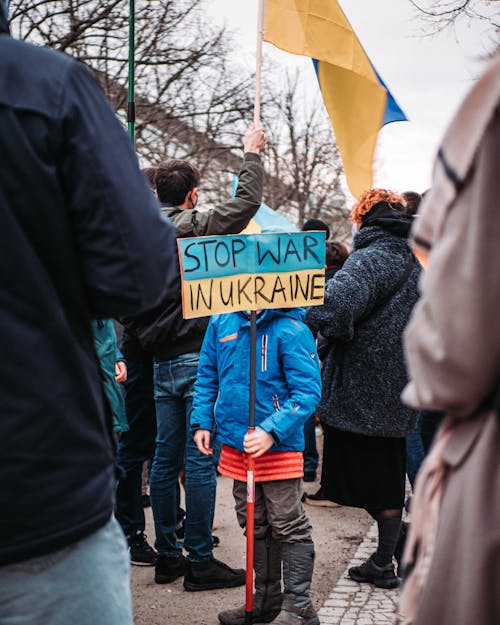
A Catholic Peace Weekly column by a Catholic University professor introduces us to encounters that change us.
There are various encounters in our lives. Some meetings are of no consequence, and others develop into deep friendships or love. There are significant and decisive encounters that change a person's life. Looking back on our past lives, what encounters have we had? Is there a meeting that deeply impacted my life?
The Gospel features numerous people who encountered Jesus. Some met him on the street, some came with an illness, some suffered from evil spirits, and some met him while searching for ways to help others. Some people only see him as a member of a crowd. However, others have experienced a new way of living through a face-to-face encounter with his call.
It was such a meeting with Jesus that changed everything in the apostles' lives. They had diverse backgrounds. People who worked in fishing, persons who collected taxes, a person who dreamed of liberating a stolen country and preparing for a revolution, etc.
Their temperament, personality, and ability were different. Jesus made them disciples, nurtured them through community life, and sent them off as apostles. Their meeting with Jesus was crucial. The encounter changed their lives in many new ways. It gave life a decisive meaning and allowed the disciples to give themselves completely to Jesus and his mission.
Christians are people who have met Jesus and follow him by confessing him as Christ. We meet Jesus in various ways. Different from the disciples, the meeting between us and Jesus occurs within the church's life.
Through church community life with believers who follow Jesus (including the clergy and religious), through the word of God proclaimed in the church and liturgy, we hear his words and experience Jesus' existence with us. Also, we try to imitate his life. We realize that he is with us through service to the poorest people and in our adoration practice. The key will be how much we experience his existence in our lives and try to relate to him.
The Gospel of John details the circumstances of the day when the disciples first met Jesus. "Jesus said to them, 'Come and see,' and they came together and saw where Jesus was staying, and stayed with him that day. It was about 4 p.m." (John 1, 39) How intense was the meeting with him that one could remember even the time of the encounter?
Is it still fresh in our minds when we met Jesus and at what time? What was your first impression of meeting him? Are we still conscious of him in our lives? Do you know enough about Jesus to proudly answer when someone asks about him? Do you live in close friendship with him enough to share significant moments in our lives, even the mundane? Do I accept him as a significant person in my life and give him a prominent position? Or is it just someone who gives you a seat when you come to church?





